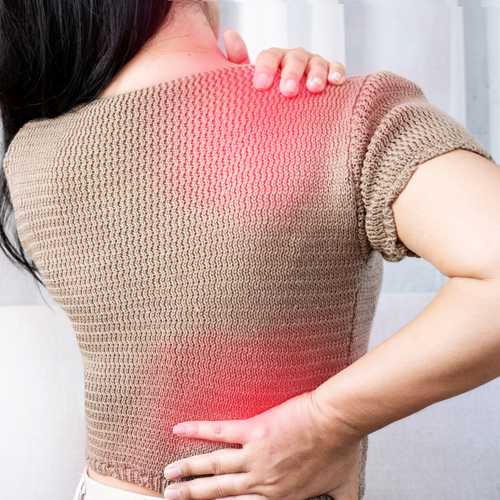
Stress and Inflammation: Part 2 Five Strategies to Lower Stress and Reduce Inflammation
Reducing inflammation requires a two-pronged approach: addressing the stress that fuels it and making lifestyle changes that directly counteract it. Here are five evidence-based strategies to help lower stress and inflammation:
1. Prioritize Stress Management
Incorporate stress-relieving practices such as meditation, yoga, or deep breathing exercises. Studies have shown that mindfulness-based stress reduction (MBSR) programs lower both cortisol levels and inflammatory markers like CRP.
2. Adopt an Anti-Inflammatory Diet
Replace processed foods with whole, nutrient-rich options. Focus on anti-inflammatory staples like fatty fish (rich in omega-3s), leafy greens, berries, and nuts. A 2016 study in Nutrients highlighted the Mediterranean diet’s ability to reduce inflammation.
3. Get Moving
Regular physical activity reduces stress and inflammation. Moderate-intensity exercises like walking, swimming, or cycling can decrease inflammatory markers while promoting mental well-being.
4. Improve Sleep Hygiene
Aim for 7–9 hours of quality sleep each night. Establishing a consistent bedtime routine and minimizing screen time before bed can improve sleep, allowing the body to repair and regulate inflammation.
5. Strengthen Social Connections
Social support acts as a buffer against stress. A 2017 study in Psychoneuroendocrinology found that strong interpersonal relationships correlate with lower inflammatory markers.
By implementing these strategies, you can break the stress-inflammation cycle and take meaningful steps toward better health.
A Closing Thought
Understanding the relationship between stress and inflammation is the first step to breaking free from its harmful effects. With actionable changes and a commitment to self-care, you can reduce both stress and inflammation, paving the way for a healthier, more resilient you. Stay tuned for part two, where we dive deeper into practical solutions for tackling this widespread issue.





James Porter
Author